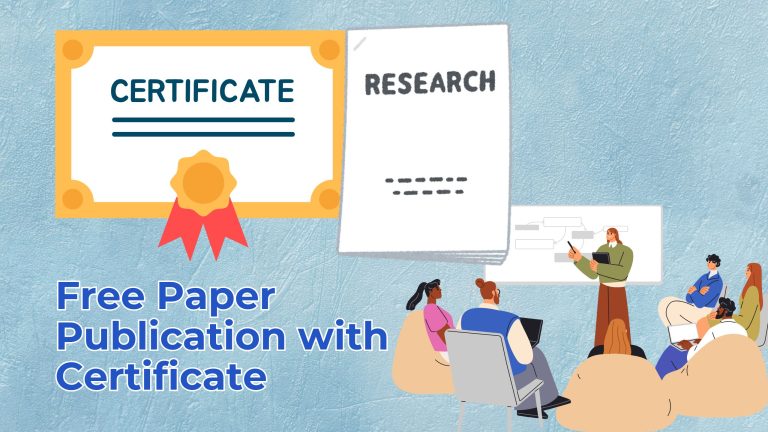What are Academic Words? Essential Vocabulary for Academic Success

Academic Words – a specialized vocabulary used in research papers, lectures, and scholarly discussions. Academic success measures by a student’s ability to comprehend and express complex ideas in the educational environment. A fundamental aspect of achieving this success lies in understanding academic words.
Individuals can unlock a powerful tool that enhances communication within the educational community by delving into the world of academic words.

Importance of Academic Vocabulary for Academic Success:
Academic words hold a pivotal role in educational success for several reasons. They include terms unique to each field, enabling scholars to express complex concepts with accuracy. Academic vocabulary helps prevent confusion and ensures that ideas communicate with clarity.
They offer adaptability and multifunctionality, enabling learners to employ them effectively in diverse educational contexts. Whether engaging in scientific research, philosophical discourse, economic analysis, or literary criticism, a strong command of academic vocabulary empowers individuals to express their ideas proficiently and make meaningful contributions to their respective fields.
Characteristics of Academic Words:
- Academic words possess distinctive characteristics that set them apart from everyday language. Their complexity and specificity demand an understanding beyond surface-level definitions. Consequently, learners must grasp the nuances and connotations associated with each word to wield them effectively.
- Precision and clarity are hallmark features of it. As scholars aim to communicate complex ideas, the vocabulary they employ must be precise and unambiguous. These words are chosen to convey intricate meanings, ensuring the intended message is conveyed to the readers or listeners.
- It demonstrates adaptability, allowing learners to use them in various academic settings and disciplines. This versatility ensures that scholars can navigate different subject areas with ease and fluency.
Sources of Academic Words:
- Students and researchers can explore various sources to expand their academic vocabulary. Discipline-specific journals and books serve as treasure troves of academic words, offering insights into the dictionary commonly employed within particular fields.
- Academic databases and resources play a crucial role, providing access to a vast collection of academic papers and publications. Learners can delve into these materials to uncover a wealth of it and gain exposure to their context and usage.
- Both online and offline lexical tools are readily available to aid. These tools include academic word lists, vocabulary quizzes, and exercises designed to facilitate systematic learning and retention.
Strategies for Learning Academic Words:
- To develop proficiency in academic vocabulary, learners can employ various effective strategies. Contextual learning through reading and writing is instrumental in observing how academic words are used in context. Engaging with scholarly materials hones learners’ abilities to apply these words accurately and effectively.
- Creating and utilizing flashcards with these and their definitions fosters memorization and quick recall. Organizing vocabulary lists tailored to specific disciplines aids in systematic learning and enhances learners’ capacity to navigate and communicate within those fields.
- Collaborative learning and group discussions offer a supportive environment for learners to share knowledge and perspectives. By engaging in meaningful interactions, students can exchange insights on them, enriching their understanding of the vocabulary’s usage in different educational contexts.
Common Academic Words in Various Fields:
- Academic words differ across disciplines, reflecting the unique characteristics and demands in each field. In the sciences and technology, terms such as “hypothesis,” “empirical,” “synthesis,” “methodology,” and “analysis” are frequently used to articulate research and experimental processes.
- Social sciences and humanities rely on words like “discourse,” “ideology,” “paradigm,” “critique,” and “qualitative” to explore human behavior, cultural phenomena, and philosophical concepts.
- Business and economics encompass a vocabulary that includes “market analysis,” “entrepreneurship,” “fiscal policy,” “commodities,” and “stakeholders,” facilitating discussions on economic systems, market dynamics, and business strategies.
- In arts and literature, academic words such as “symbolism,” “allegory,” “aesthetics,” “metaphor,” and “genre” are essential for analyzing and critiquing literary works and artistic expressions.
Challenges in Learning Academic Words:
- Learning academic words may present specific challenges to students and researchers. Pronunciation and phonetics can be intricate for non-native speakers, making it vital to focus on proper pronunciation and enunciation.
- The sheer volume of it poses a challenge in memorization and retention. Learners must adopt effective memory techniques to consolidate and recall the extensive vocabulary.
- Applying academic words accurately in various educational contexts demands critical thinking and linguistic skill. Learners must practice discerning when to use specific words and adapt their vocabulary to suit the requirements of each situation.
Overcoming Challenges and Improving Vocabulary:
- Learners can employ several effective strategies to overcome the challenges. Regular practice and review are paramount in reinforcing the vocabulary and increasing retention. Consistent engagement with academic materials and vocabulary lists solidifies learners’ grasp of academic words.
- Seeking feedback from professors and peers allows learners to refine their understanding and application of academic vocabulary. Constructive criticism helps identify areas for improvement, fostering continuous growth and proficiency.
- Engaging in academic writing and research projects provides learners with ample opportunities to incorporate academic words into their work. Active participation in scholarly pursuits further deepens their vocabulary knowledge and application.
The Impact of Academic Vocabulary on Writing and Speaking Skills:
- Academic vocabulary plays a vital role in enhancing writing and speaking skills. When applied with precision and clarity, academic words contribute to the coherence and structure of written arguments and presentations.
- A robust command of academic vocabulary demonstrates a learner’s proficiency and expertise in their subject area, instilling confidence in their audience and peers. It solidifies their reputation as knowledgeable scholars and encourages others to regard their insights with respect.
- A rich academic vocabulary elevates a student’s credibility within the academic community, encouraging collaboration and contributions.
Academic words form the cornerstone of academic success, empowering students and researchers to communicate complex ideas with precision and clarity. Understanding their characteristics, sources, and strategies for learning is essential for learners to develop proficiency in academic vocabulary.
As they explore common academic words in various fields and navigate the challenges of learning them, learners should remain steadfast in their pursuit of continuous improvement. They can harness the full potential of these words and elevate their scholarly endeavors to new heights by actively applying academic vocabulary in their writing, research, and academic pursuits.
Also Read: What Is an Academic Letter? It’s Purpose, Significance, and Key Components






